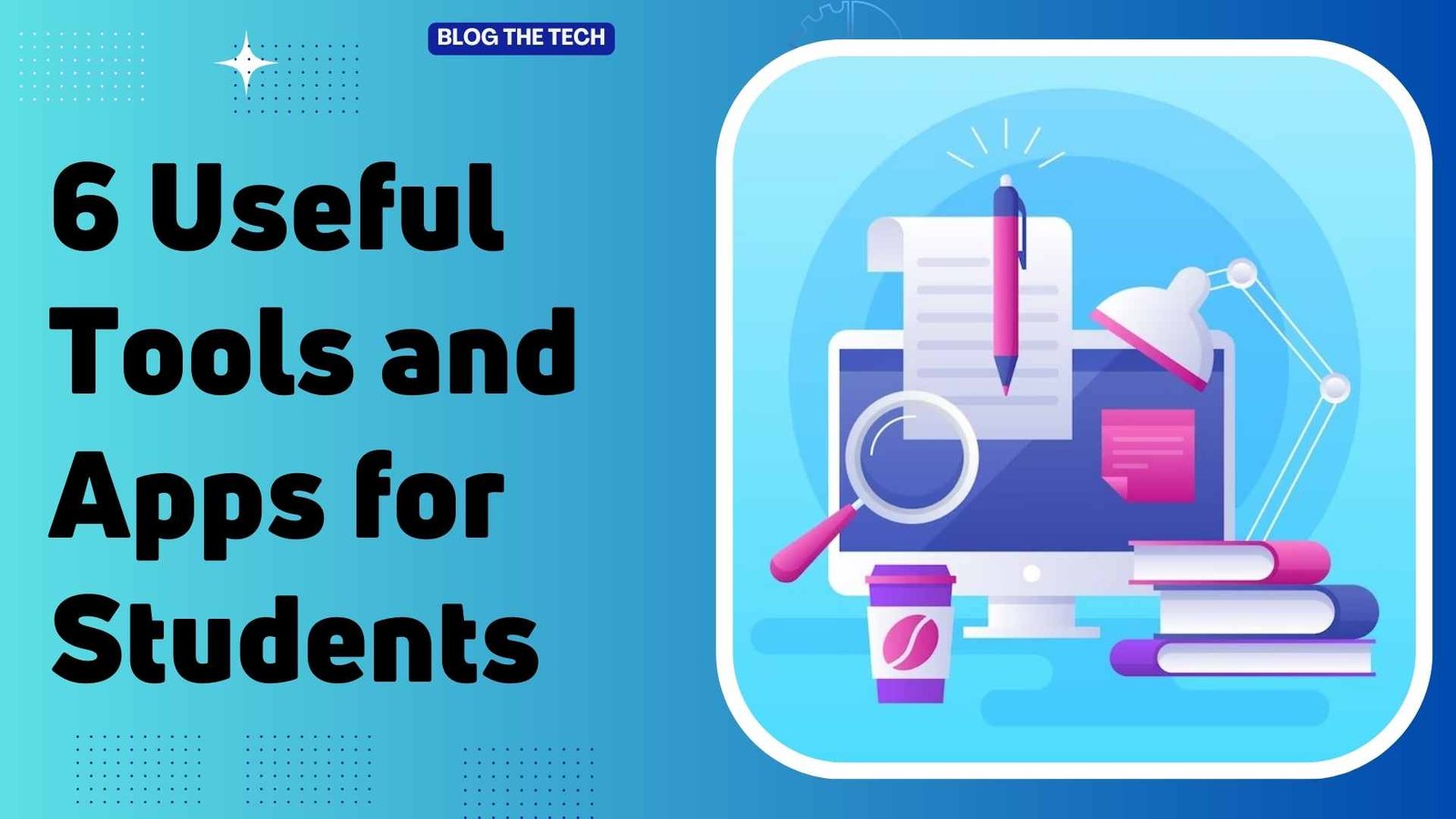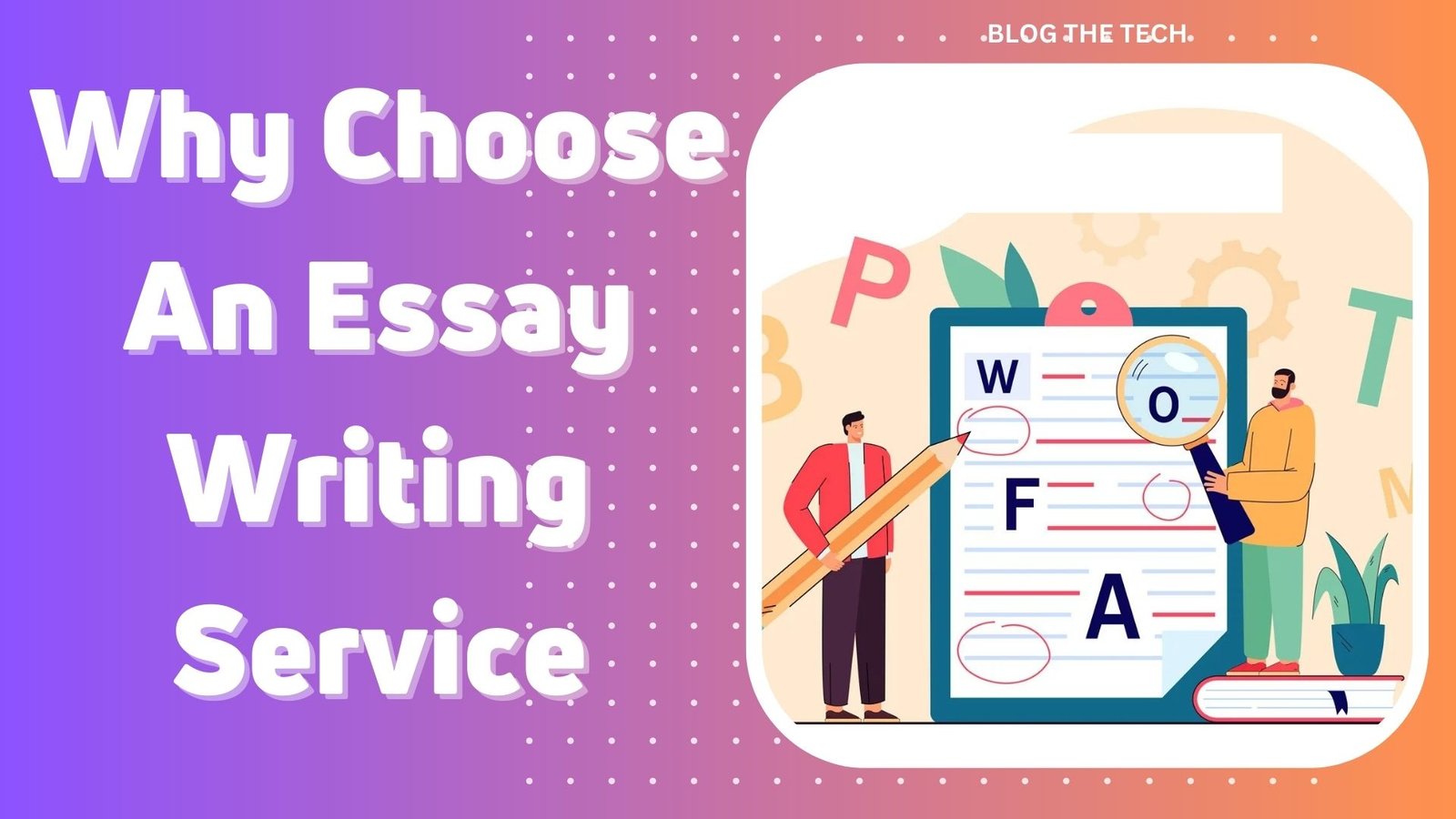Failures in the principles of accounting courses and the standards for business majors are under scrutiny as higher education places more emphasis on learning outcomes for students and retention (Sargent et al., 2011). Whether you’re studying for a certification or just trying to improve your skills, the main goal of learning and memorizing new information in accounting is to remember it. However, this can sometimes be difficult, and you might find it difficult to remember the material you just learned yesterday.
Finding an efficient way of doing this is key to improving learning retention. With a few tricks and tips, you can improve your memory and ensure that you retain and learn new accounting information. In this post, the writer of the online dissertation help service will explain what learning retention is and how to achieve it while studying accounting.
8 Ways to Increase Learning Retention
As you study accounting, a variety of external factors may have an impact on how well you retain what you learn. Balancing your career and additional studies can be difficult because your brain will be juggling a large amount of information.
Family and domestic responsibilities can also put additional stress on you and prevent you from getting the necessary amount of study time or environment. This makes learning to effectively retain new information more important than ever. Here are some ideas that will be your Linguistics Dissertation Help in improving your learning retention while studying accounting:
- Divide information into bite-sized chunks
Too much information can be difficult to process all at once. Instead, divide your goals into smaller, more manageable chunks. This idea also holds true for the time you devote to studying. It ensures the time spent on the particular activity and makes a habit of doing given chores before the deadline (helpwithdissertation, 2022). The majority of people find that they can’t focus for very long without taking a break. Your memory will quickly start to deteriorate, and you will unavoidably become tired. Divide your learning into smaller tasks and take frequent breaks.
- Sort the items into categories
According to psychological research, categorizing information can help you remember it better. By connecting and associating details, you can group them into larger chunks that are easier to remember. You can use this technique to improve your study habits. It’s especially useful for remembering names or numbers in lists. Try breaking down facts and figures into chunks if you’re having trouble remembering them. Depending on the topic, you may choose to approach this in a different way, but finding connections is what’s crucial.
- Put yourself to the test
During high school, you were required to take a lot of tests for a reason. You can improve your retention and track your development by taking tests on new material. There are many ideas about how to improve your test-taking skills, and many of them depend on how you learn best. For instance, you might try studying for a test the next morning after viewing or reading a course before bed. You may discover that you have retained the information overnight.
- Learn from your mistakes
Testing works well because it gives us a chance to make mistakes. This is critical for long-term learning retention. Studies show that mistakes change our neuronal pathways as well as drawing our attention and making us remember what happened. Synapses, which are responsible for sending electrical signals across the brain during learning, fire when we make mistakes.
Making a mistake is a chance to learn and get better, whether it occurs during self-testing or when using your newfound knowledge. When you want to learn something new, you need to know that success and failure often go hand in hand.
- Active participation
Being actively engaged has numerous educational benefits. You will retain more information if you participate in your course. Attending live webinars allows you to interact easily so that you can actively participate in Q&As with the class teacher. When you’re studying on your own, you can interact with the material in different ways. These include going over the material again and again and making sure you apply the knowledge or skill to your work.
- Go over and summarize the topics
A great way to interact with the material is by summarizing it. You should summarize the subject in your own words, emphasize the key ideas, and use them for revision as well. Make your own bullet-point notes while reading or watching something. You could also try applying your concepts to work or reality. It is critical to employ various strategies that promote critical thinking.
- Gain knowledge by teaching others
Teaching others is another way to increase retention of the material learned. This might entail assisting a classmate who is studying the same topic or simply sharing what you’ve learned with a friend or relative.
The best way to acquire new knowledge is by teaching. You will reinforce your learning if you are invested in the subject enough to be able to explain it simply enough for someone else to understand. Participating in online debates is also beneficial because it gets you thinking creatively and using new interactions with the material, which helps you remember more of it.
- Spaced Repetition
Repetition is important in addition to active engagement with the material for learning retention. The principle behind spaced repetition is that you are more likely to recall something if you repeat SOME of the information over a period of time.
When we spread out information, our brains learn better. It is more effective than attempting to retain large amounts of information simultaneously. This gives the neural connection time to develop and prevents the replacement of outdated information with new information. As a result, repetition is essential for learning. If you want to make sure you remember new information, try to review the same key points every day.
Conclusion
To summarize, what exactly is learning retention? Learning retention is the ability to remember what you have learned later on. When taking classes or participating in professional development training, this is crucial to remember.
The most important lessons are that in order to learn something new, you must be involved with the subject matter, break it down into manageable chunks, and apply repetition techniques. Although every learner is unique, by following these guidelines, you might be able to increase the amount of new information you can remember.
Reference list
Sargent, C. S., Borthick, A. F., & Lederberg, A. R. (2011). Improving retention for principles of accounting students: ultra-short online tutorials for motivating effort and improving performance. Issues in Accounting Education, 26(4), 657–679. https://doi.org/10.2308/iace-50001
HWD., (2022). Time Management Tips. Online Available at https://www.helpwithdissertation.co.uk/blog/time-management-tips





